Ten opinions on how the pandemic will change the world
As a part of our 2020 assessment, we have rounded up this 12 months’s most incisive opinions on how the coronavirus pandemic will impression our lives, courtesy of everybody from Norman Foster to Li Edelkoort and Rem Koolhas.
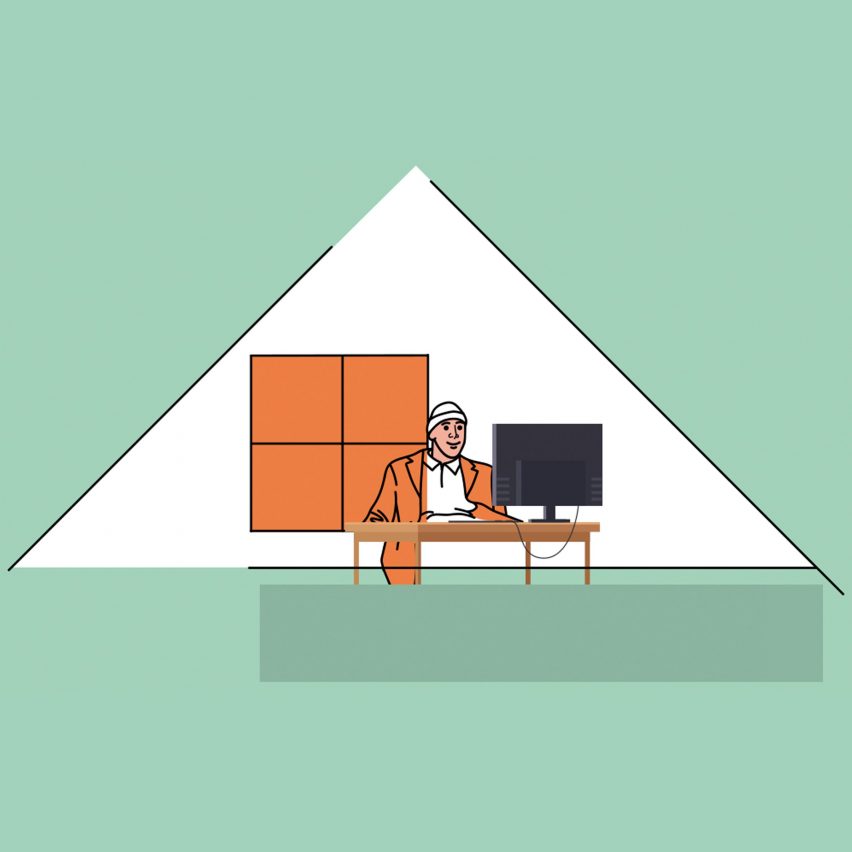
Life after coronavirus: how will the pandemic have an effect on our properties?
Ukrainian architect Sergey Makhno penned an op-ed for Dezeen, outlining seven methods wherein our properties will change post-pandemic, together with a transfer from residences to homes and cities to the countryside.
Individuals will place extra significance on self-sufficiency by way of their water, energy and meals provide, he argued, whereas residences will more and more be geared up with water and air filtration techniques and extra elaborate working-from-home setups.
Learn Sergey Makhno’s opinion right here ›
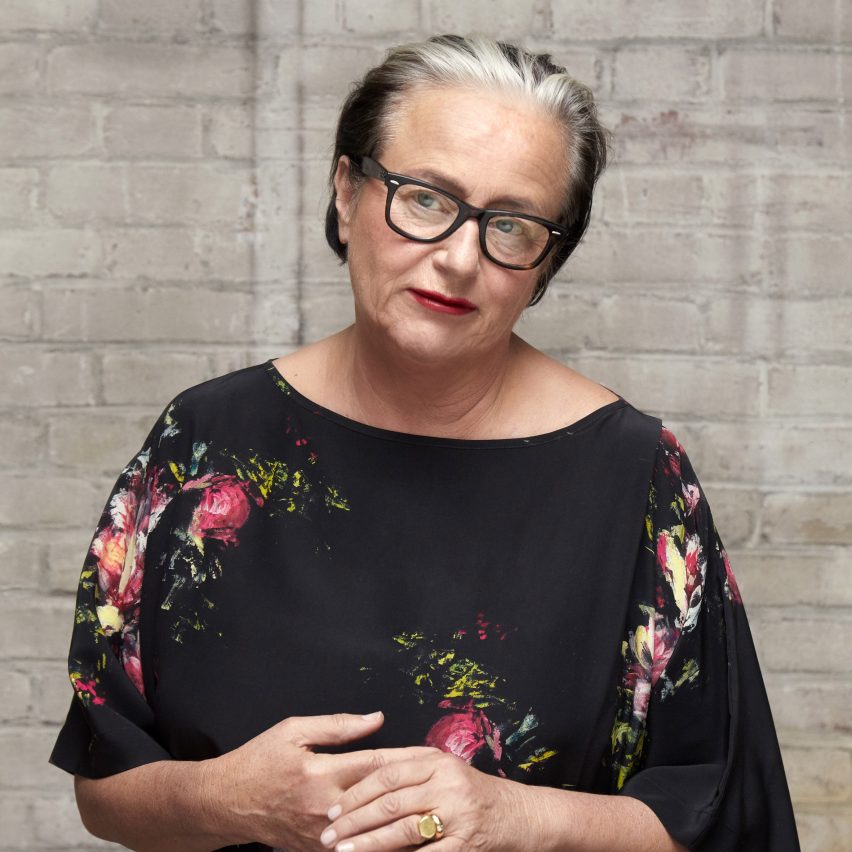
Coronavirus provides “a clean web page for a brand new starting” says Li Edelkoort
Dezeen’s most-read story of the 12 months noticed pattern forecaster Li Edelkoort argue that a “quarantine of consumption”, attributable to widespread lockdowns and the disruption of world provide chains, would trigger a reset in societal values.
Displaying those who it’s doable to stay with much less, she hoped, would have far-reaching, longterm results on the economic system and the atmosphere, facilitating slower, extra localised manufacturing, renewed respect for human labour and lowered carbon emissions from journey and transport.
Learn Li Edelkoort’s opinion right here›

“Journey as we knew it’s over” says Airbnb co-founder
In an interview with American information channel CNBC, Airbnb‘s Brian Chesky argued that the journey and tourism industries might be irrevocably modified within the wake of the worldwide restrictions on the liberty of motion that have been put in place to assist include the unfold of the virus.
Whereas instant results embrace travellers selecting extra native, rural locations that do not require air journey, Chesky additionally predicted that the will to keep away from massive crowds and the power to work from “any dwelling” would result in extra longterm stays in much less well-known locations.
Examine Brian Chesky’s argument right here›
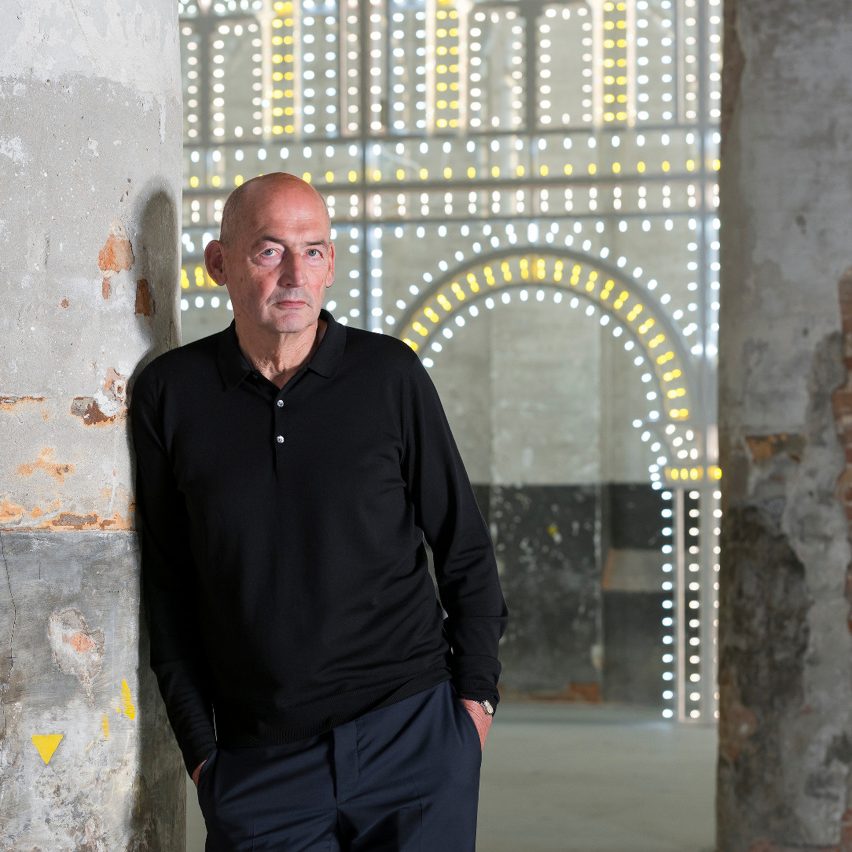
The “huge, unbelievable quantities of cash” that have been manifested by governments out of nowhere in response to the pandemic could be sufficient to handle “our biggest urgency” of local weather change, in response to OMA founder Rem Koolhas.
Talking in a stay dialogue as a part of Dezeen’s Digital Design Pageant, Koolhaas lamented that neither the world of structure nor that of politics had performed sufficient to materialise this funding. He additionally questioned the widespread heralding of a “new regular”, arguing as an alternative that there might be “huge stress” to choose up the place we left off.
Learn Rem Koolhaas’ argument right here›
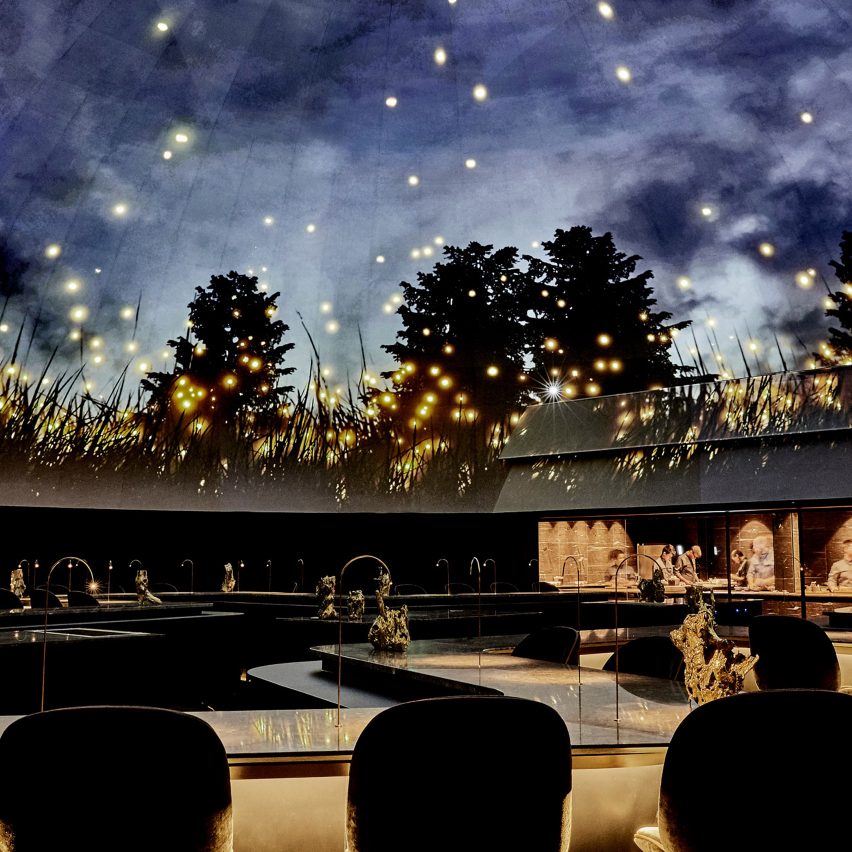
In a bid to chop down on bodily contact, onerous copies of menus, money funds, handbook faucets and door handles in addition to communal condiments will go all however extinct in eating places. That is in response to a pattern report compiled by Dubai studio Roar in collaboration with greater than 170 consultants and business professionals.
As a substitute, open kitchens will turn out to be ubiquitous as phases for demonstrative hygiene practices, whereas interiors will turn out to be ever extra escapist and surrealist to compete with the consolation and relative security provided by diner’s personal properties.
Learn concerning the Roar tendencies report right here›

Submit coronavirus “the cubicle will turn out to be regular” says Paul Ferro
The longstanding pattern in the direction of open-plan workplaces, designed to maximise interplay and collaboration, might be reversed due to the pandemic, in response to Form4 Structure co-founder Paul Ferro, with the cubicle making its return from stylistic purgatory.
In a information to his firm’s Silicon Valley shoppers, which embrace Fb, Netflix and Google, Ferro wrote that taller partitions and possibly even partial canopies between desks would turn out to be important to cease the unfold of droplets and aerosols, together with superior air filtration techniques and sterilising UV lights.
Examine Paul Ferro’s opinion right here›
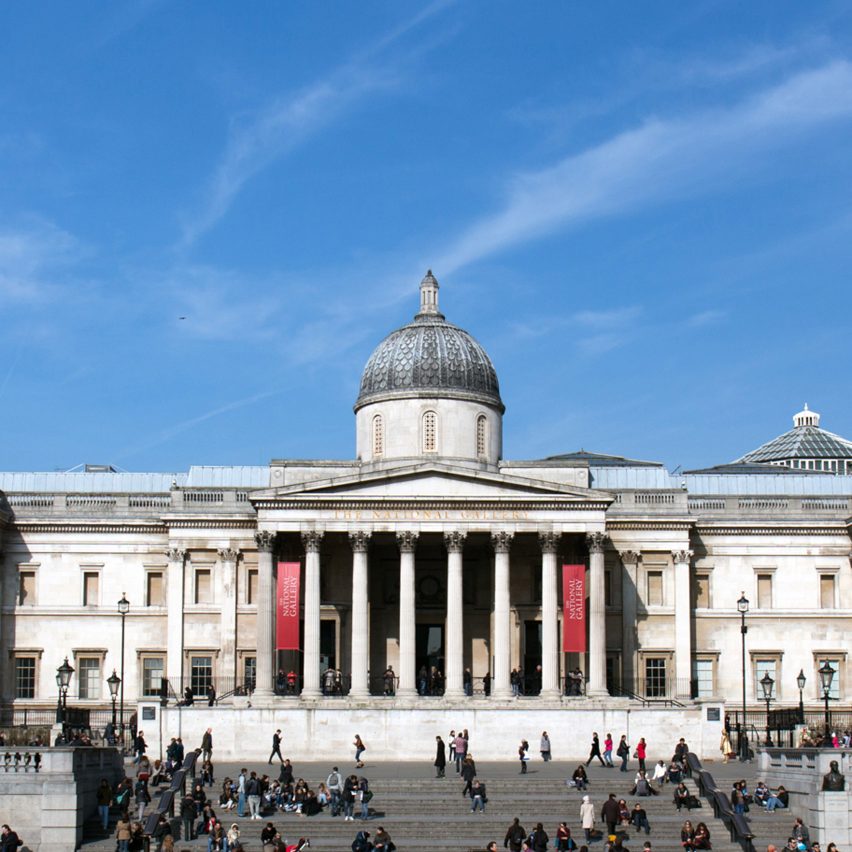
“Moderately than try and reconcile museums’ contradictions, we must always begin once more”
With museums‘ monetary dependence on paying guests uncovered by worldwide lockdowns and their existence referred to as into query by the rising decolonisation motion, architectural author Owen Hopkins argued that we must always take this as a possibility to rethink the age-old cultural establishments completely.
Very like magazines and newspapers needed to reassess their goal and enterprise mannequin with the transfer on-line, he wrote that museums post-pandemic ought to turn out to be “much less mounted, much less centralised, much less hierarchical, and taking a cue from on-line media, much less outlined by the bodily type of their existence – that’s, structure.”
Learn Owen Hopkin’s opinion right here›
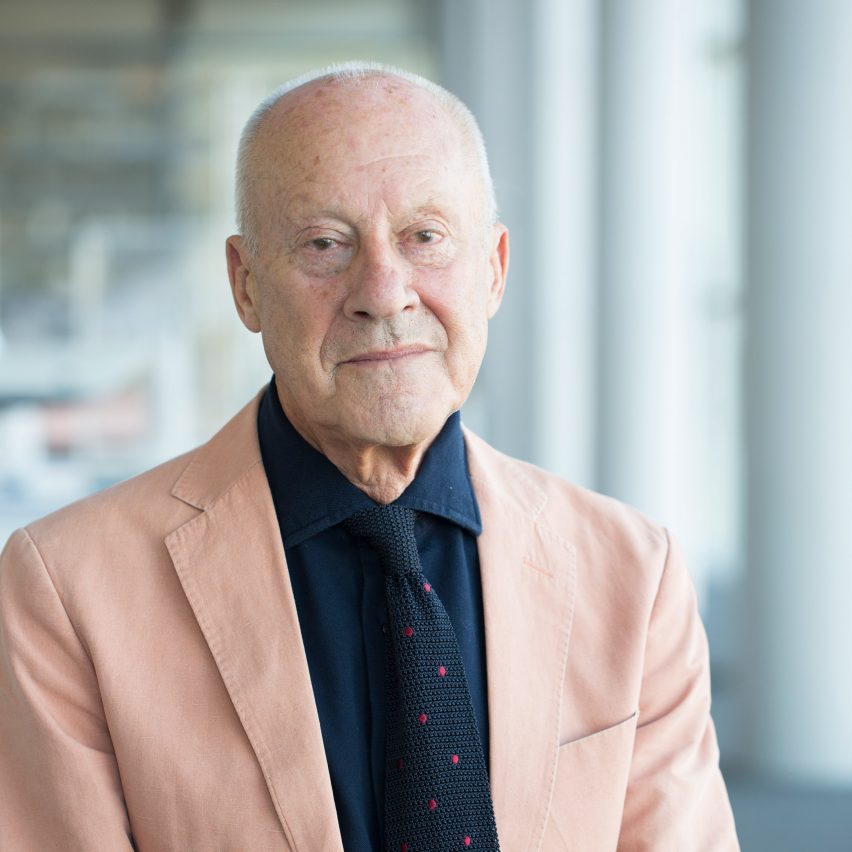
“Is Covid-19 going to alter our cities? The reply is not any,” says Norman Foster
Talking on the United Nations Discussion board of Mayors in October, Norman Foster argued that Covid is not going to be the factor that singlehandedly adjustments the material of our cities. “Historical past tells us that the longer term just isn’t two-metre distancing,” he mentioned.
As a substitute, he posited that it’ll merely speed up present tendencies, such because the transfer in the direction of extra sustainable, well-ventilated buildings, electrical autos and elevated inexperienced areas in cities to enhance well being and wellbeing and accommodate city farming practices.
Examine Norman Foster’s prediction right here›
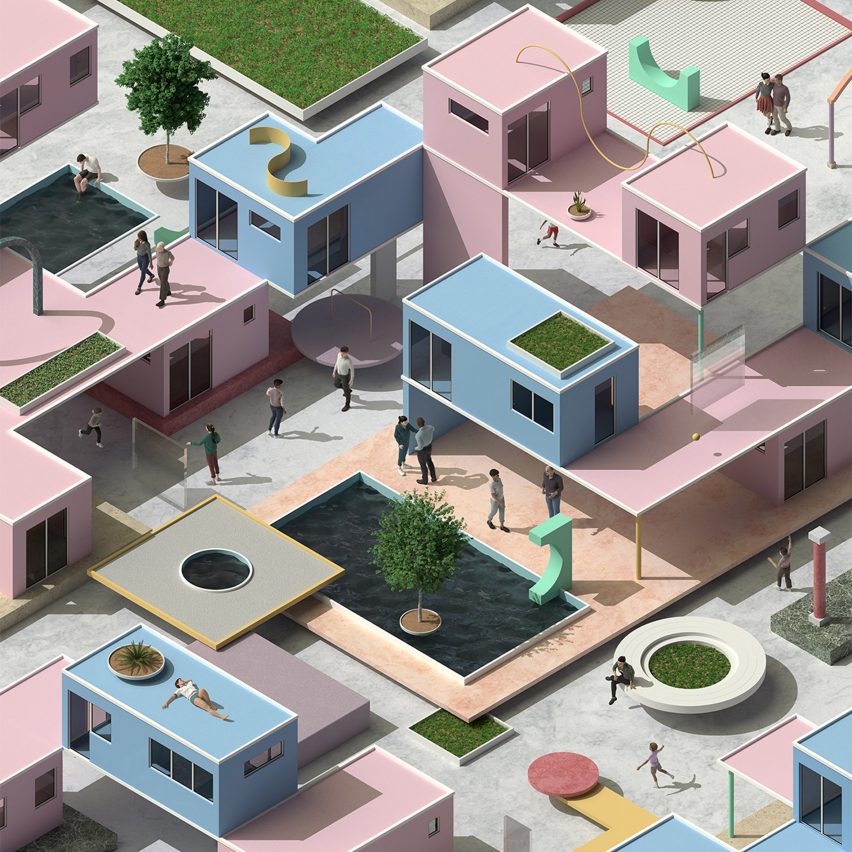
“Sooner or later dwelling, type will comply with an infection”
Although many consultants have predicted a touchless future, the place every part from buttons to door handles and water faucets is operated by way of hands-free sensors to include the unfold of germs, Dezeen columnist and interiors skilled Michelle Ogundehin argued that the other might be true in our properties.
In her article concerning the 11 methods the pandemic will change our properties – wherein she additionally prophesied an overhaul of conventional floorplans and the West’s adoption of the Japanese genkan – Ogundehin wrote that “we are going to crave profoundly tactile dwelling environments as deliberate respite from the socially distanced world past our doorways.”
Learn Michelle Ogundehin’s opinion right here›
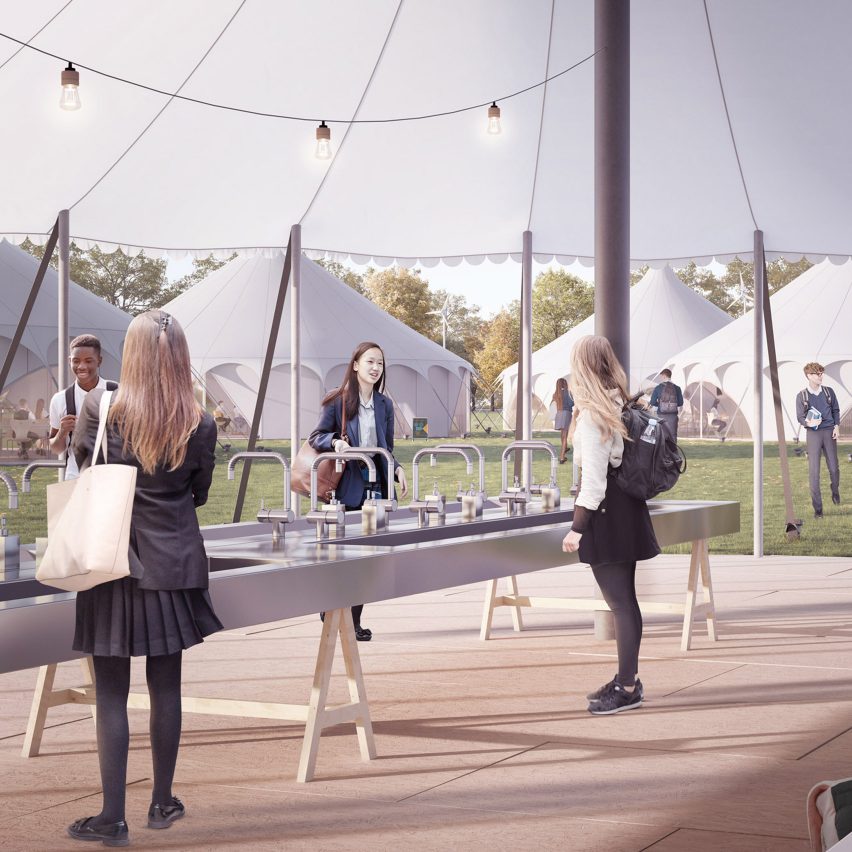
“Training areas won’t ever be the identical once more” says Roar report
A second Roar report on the schooling sector didn’t anticipate social distancing measures to turn out to be a everlasting fixture in colleges, though it conceded that interiors will possible turn out to be extra versatile, with folding partitions and moveable furnishings that may be rearranged to accommodate future pandemic restrictions.
Each academics and designers who suggested on the report argued that a optimistic “long-term legacy” of the pandemic could possibly be the introduction of WeWork-style co-working areas, the place college students can take digital English or historical past classes whereas present lecture rooms can be utilized for hands-on topics like science or music.
Learn concerning the Roar report right here›
Prime picture reveals white circles that have been added to the grass in New York’s Domino Park to advertise social distancing.